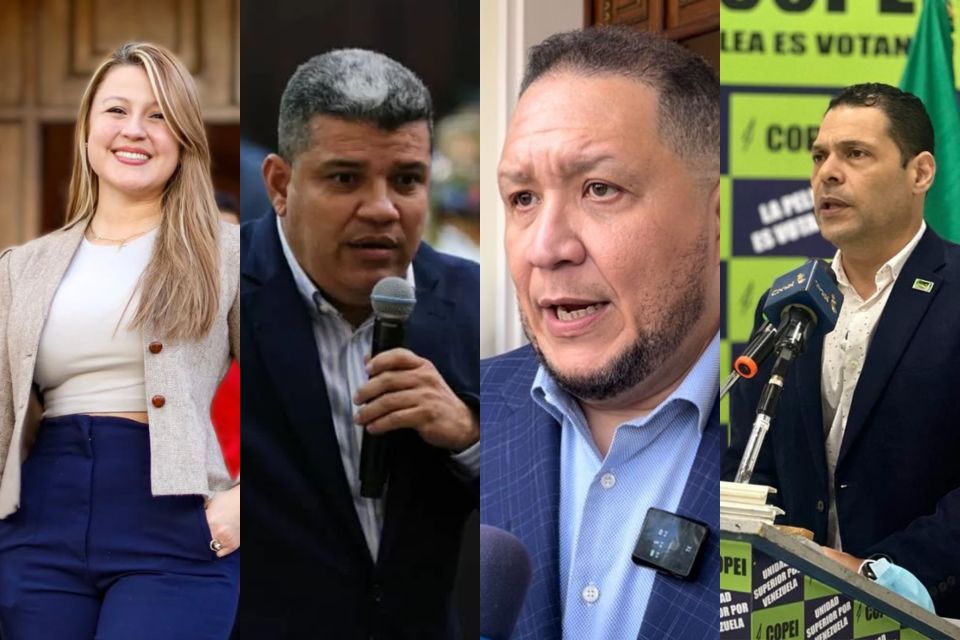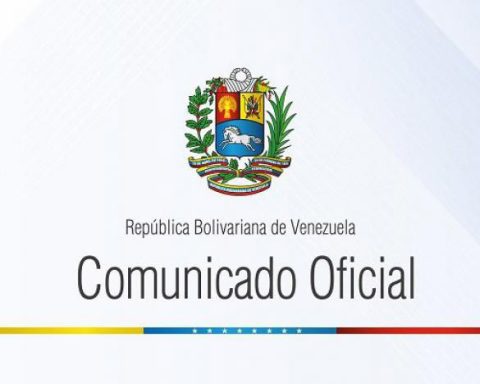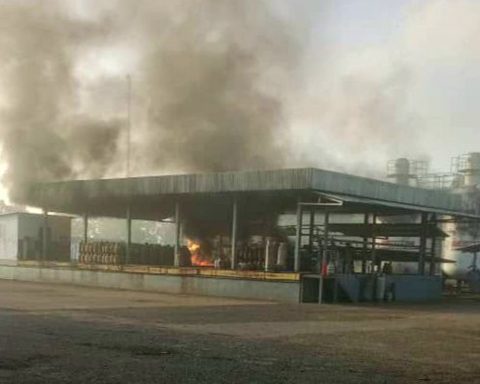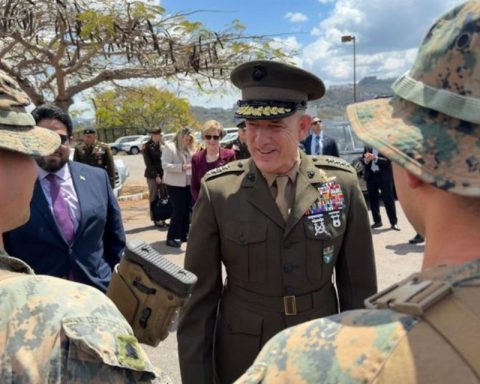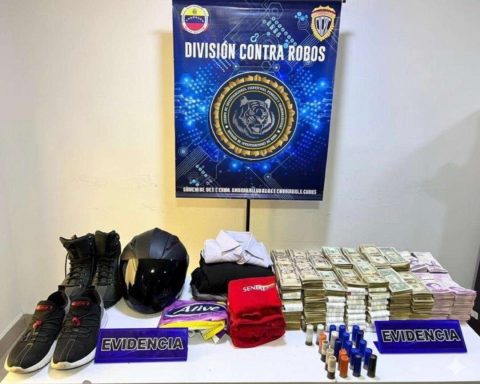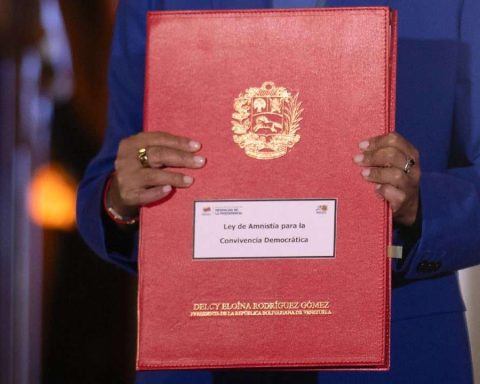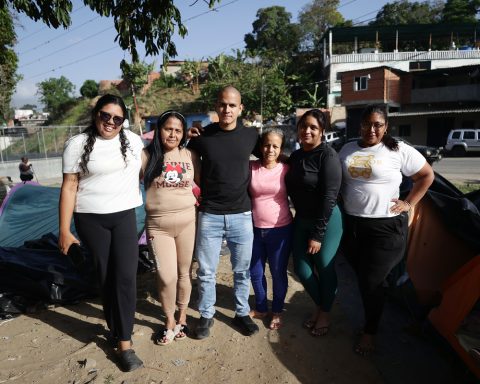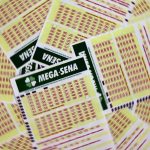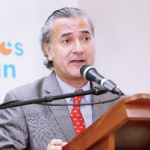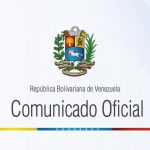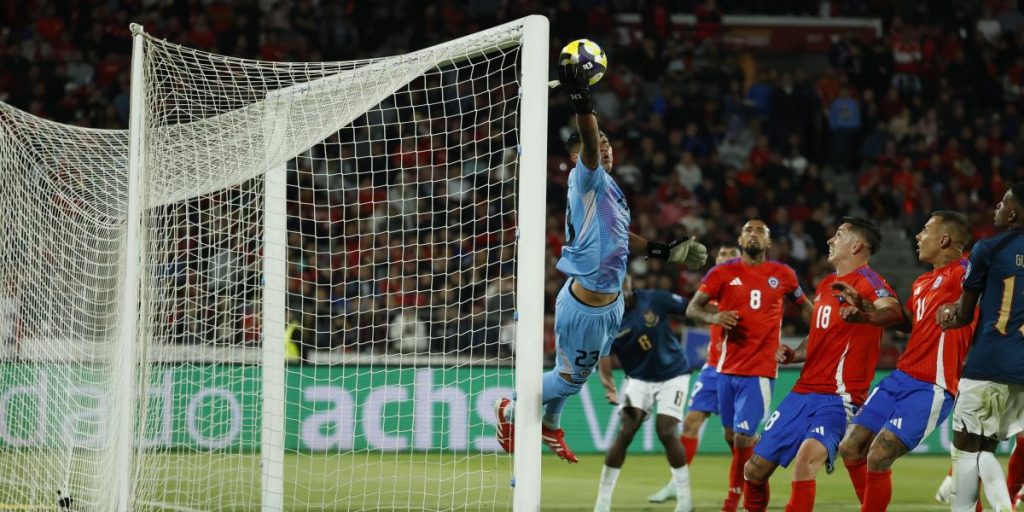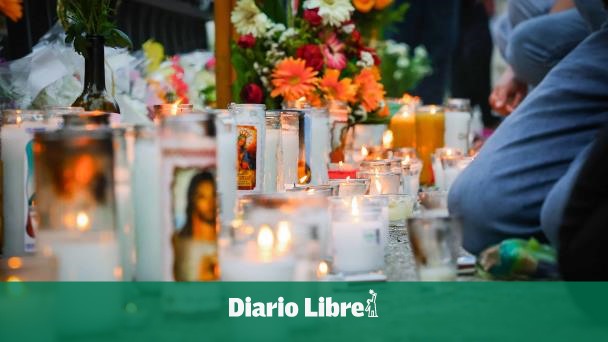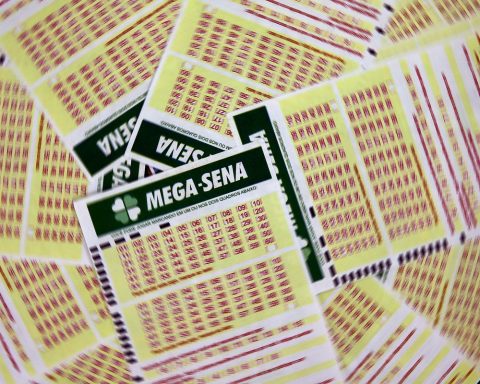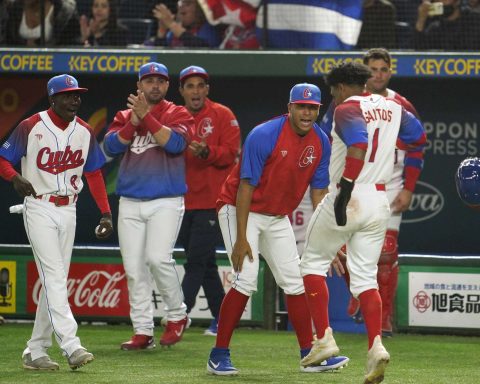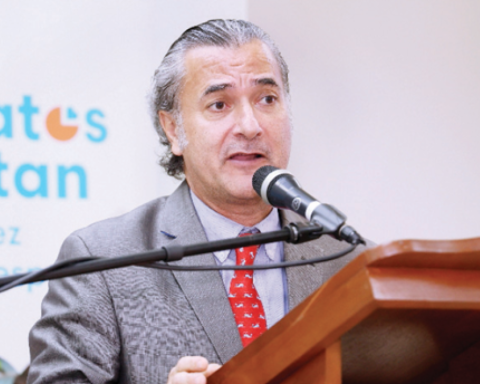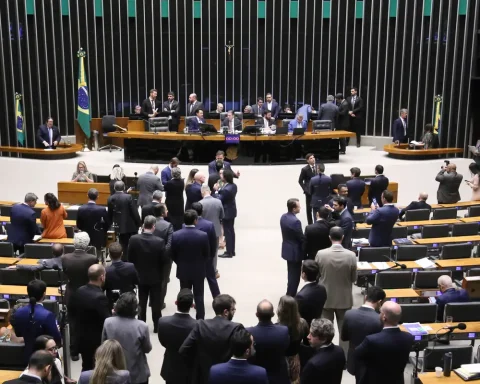Within the applications of the parties of the Democratic Alliance, which groups at least 10 parties – some of them judicialized – there are five political leaders who, as the popular saying says, do not want to remain “without the goat or without the mecrate” and ensure a position of popular election after the elections of May 25
The applications of candidates for the elections to elect governors, deputies to the National Assembly and representatives of legislative councils culminated in a injured manner, with two extensions and new parties and political actors enabled to participate on May 25.
Within the applications of the parties of the Democratic Alliance, which groups at least 10 parties – some of them judicialized – there are five political leaders who, as the popular saying says, do not want to remain “without the goat or without the mecrate” and ensure a position of popular election after these elections.
This is Juan Carlos Alvarado (Copei prosecuted), Luis Parra (Venezuela Unida), José Brito (First Judicial Justice), Anyelith Tamayo (Judicialized Democratic Action) and Alejandra Barón (Cambiemos). All were registered by their respective parties as candidates for governors and also appear in the National List of Deputies to the National Assembly.
There are 50 national list deputies. Organizations assumed the scheme of the Alliance to present suspechas from 1 to 100 their award will be by D’Hondt method from a pot of the sum of the regional lists for which another 96 deputies come out; And another 133 … pic.twitter.com/2yEKEPTEA
– Anibal E. Sanchez Ismayel (@anibalsanchezof) April 14, 2025
Of the group, only the sociologist and regional secretary of Let’s change In Guárico, Alejandra Barón, does not currently belong to the Venezuelan Parliament. The university professor also appears in the 26th position in the national award list where 50 deputies will be chosen.
This national list was first used in the 2020 parliamentary elections by order of the National Electoral Council and contributed to the increase in the number of seats to 277, but electoral experts have insisted that the calculation used is unconstitutional, since it must be done – according to the Constitution – on the basis of 1.1% of the population base, which will show as a result between 265 and 267 curles.
In the case of Juan Carlos Alvarado, National Secretary of COPEI and candidate for the Government of Táchira, is in position 6 of the national award list. “We are going to claim the Táchira, we will make the competence of the Government, that the competence of the legislative councils, that our leaders are, in turn, our voices in the National Assembly and that they can convey the needs that the State Táchira be respected,” he said after his registration.
*Also read: Elections in less than 40 days: How has the CNE failed?
The deputy Luis Parra Rivero (Post 4) Opt for its re -election and the Yaracuy state governorate. In 2019 he was expelled with Conrado Pérez and José Brito de Primera Justicia, after being denounced for making lobby in several countries to favor Colombian businessman Alex Saab.
He was also denounced to receive bribes to break the majority quorum of the opposition. In 2020 he was appointed as president of the National Assembly in an irregular session and with the vote of PSUV deputies. Despite obtaining sufficient votes in the election of that year, he was awarded a seat in the 2021-2025 period.
Like Parra, José Brito (position 7) also has double candidacy, where appropriate for the Government of Anzoátegui, where he will compete with Luis José Marcano (PSUV) and Gilberto Román (UNT).
While Anyelith Tamayo (Post 10), currently the youngest deputy of the National Assembly and youth secretary of AD, was postulated to the Government of Carabobo, where Rafael Lacava (PSUV), César Oviol (Pencil Alliance) and Ylidio Abreu (UNT-UNION AND CHANGE) will be measured against Rafael Lacava (PSUV).
These are our governor candidates in ⬇️
Anzoátegui – @JosEbritoven
Falcón – @Javierbertucci
Guárico – @Alexandrabaron1
Yaracuy – @Luisparrave #Conadlobuenovuelve 🏳️ pic.twitter.com/qp1Syafk0H
– Democratic Action (@advenezuelaa) April 15, 2025
*Journalism in Venezuela is exercised in a hostile environment for the press with dozens of legal instruments arranged for the punishment of the word, especially the laws “against hatred”, “against fascism” and “against blockade.” This content was written taking into consideration the threats and limits that, consequently, have been imposed on the dissemination of information from within the country.
Post views: 218
